If you’re not using VMRS, here’s what you’re missing out on
Here are a few VMRS tips that we’ve sourced from across the fleet maintenance industry.
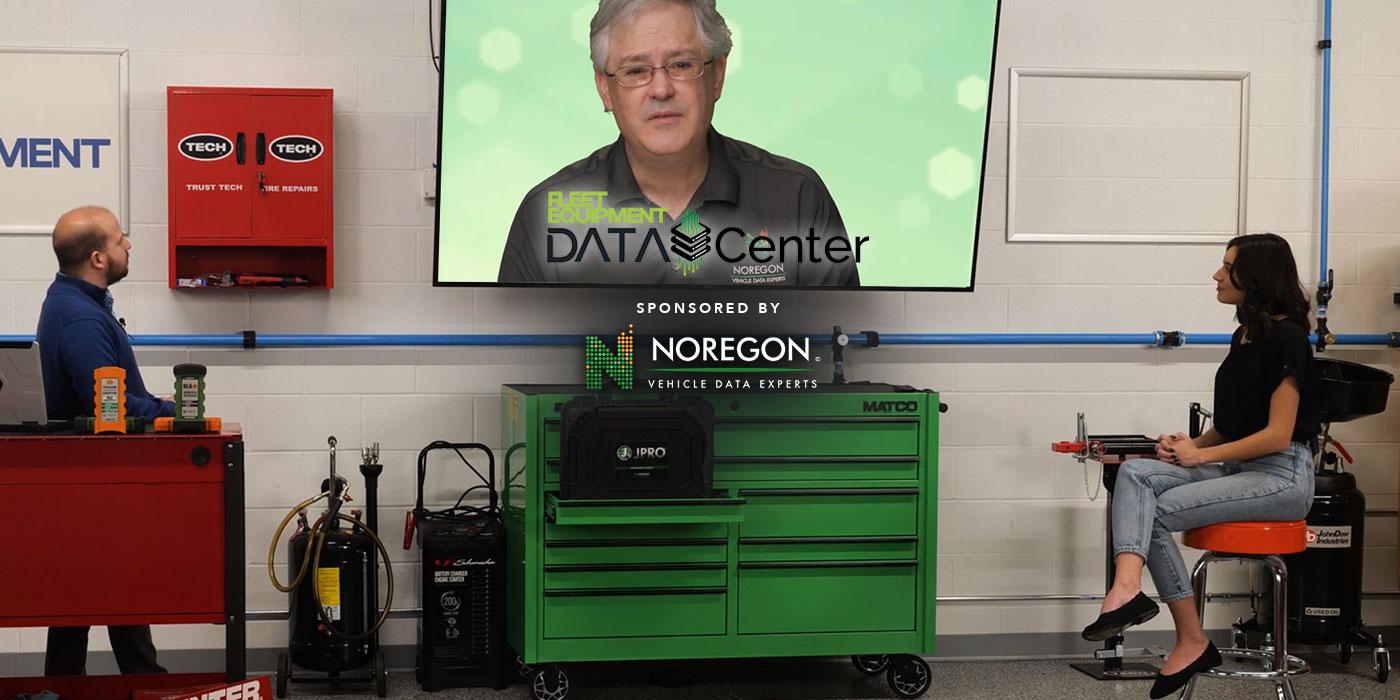
What role could A.I. play in trucking?
There’s a lot of hyperbole out there about A.I. So let’s talk facts, and get to what role it can play in truck service shops.

The importance of ongoing technician training
Plenty of time is spent talking about the importance of training new technicians, but ongoing training is just as important.
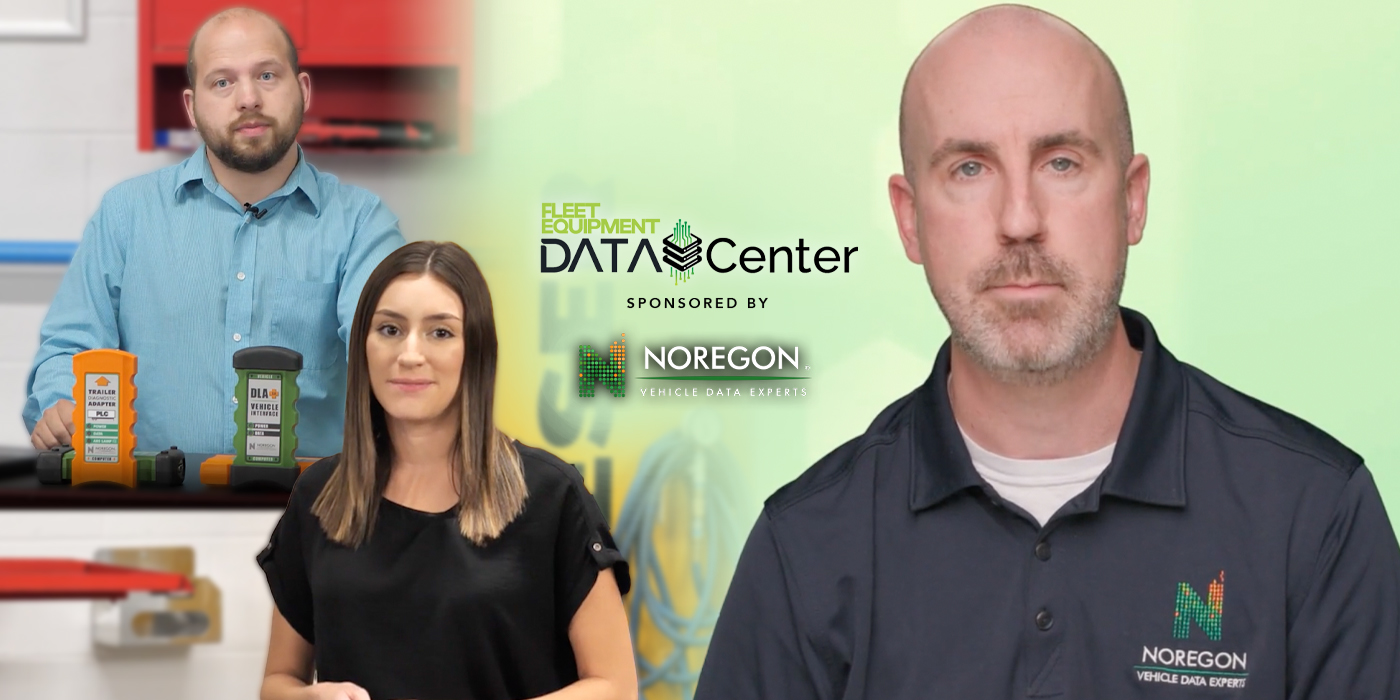
How preventative maintenance can help you avoid the dreaded engine fault code
If you’re not doing the right maintenance on your trucks, you will start to get fault codes, sometimes at inopportune times.
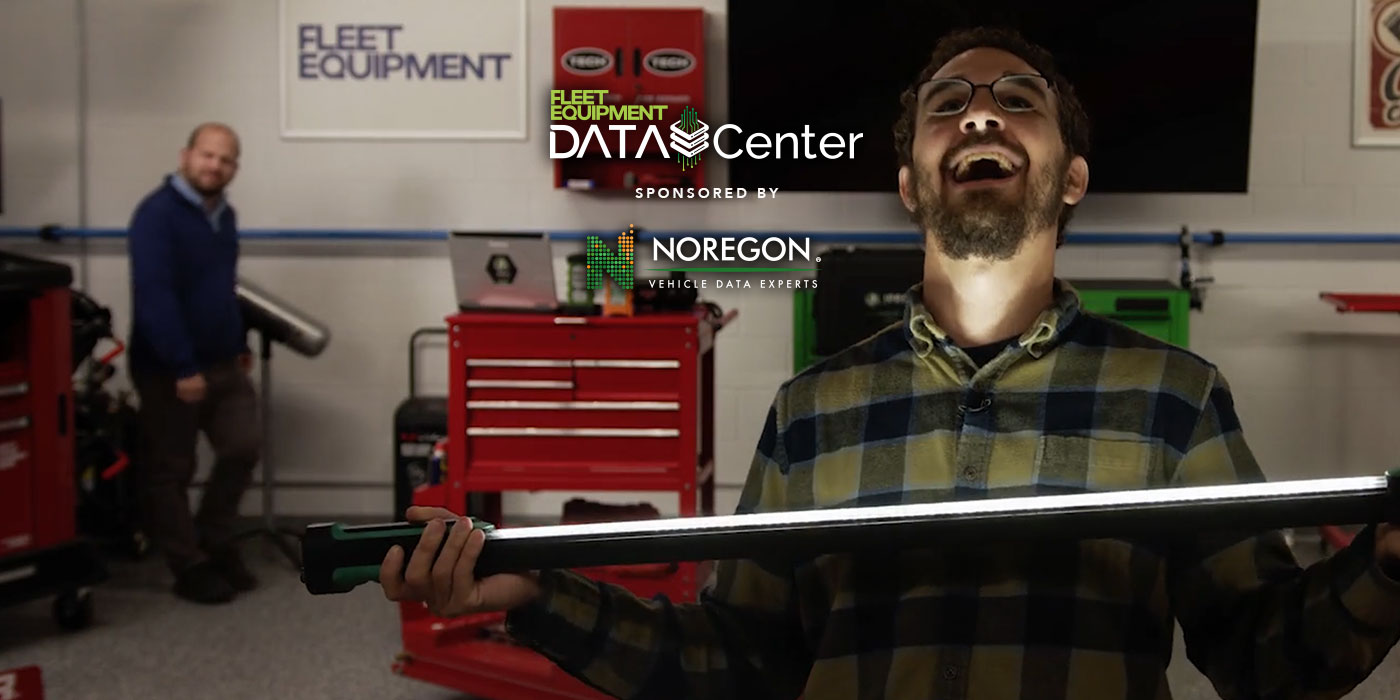
The steps your shop should take as the zero-emissions future becomes a reality
Just because things are changing doesn’t mean the changes are going to make a dent in your profits or your ability to run a smooth fleet operation.
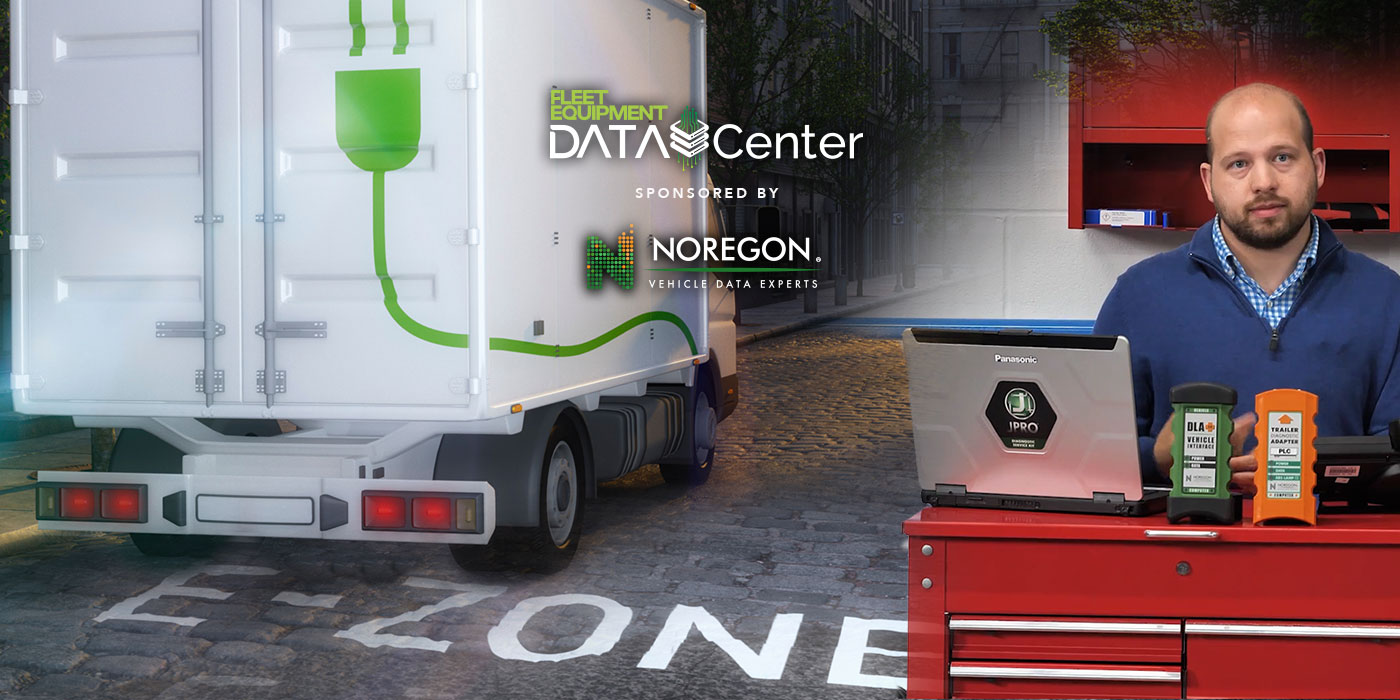
How CARB sustainability requirements could affect your fleet, and what you can do
Don’t think that just because you’re not in California, you won’t be affected by these requirements.
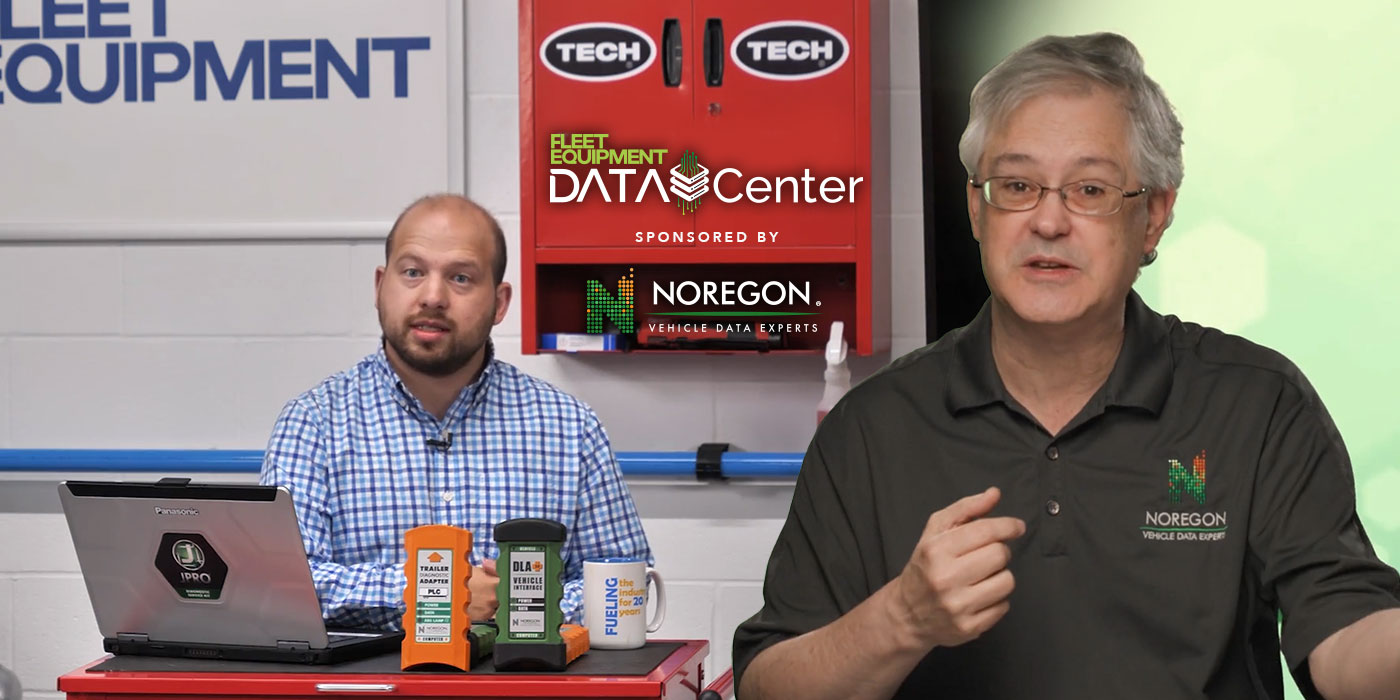
The major differences between heavy-duty and medium-duty truck repair
A delivery truck that runs stop-and-start routes in the city is going to need its brakes checked more often than an on-highway truck.
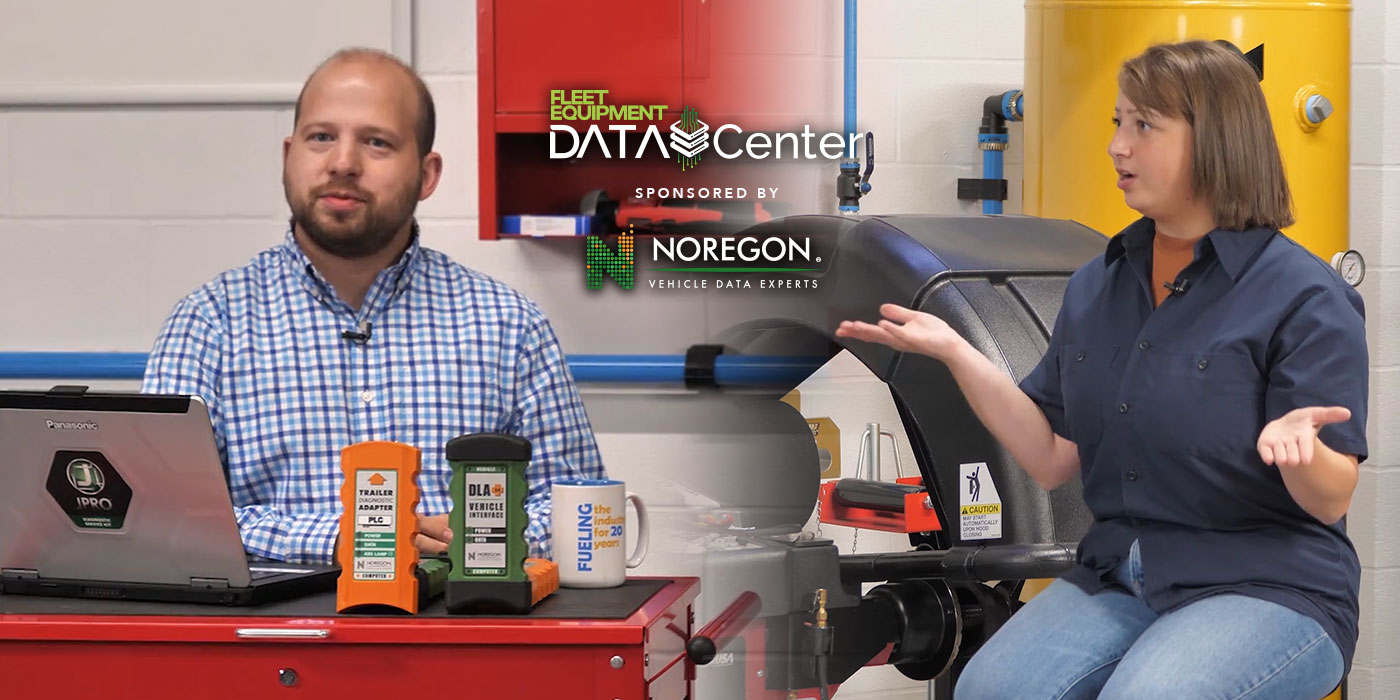
Handing off the wrench: Training the next gen of heavy-duty technicians
The ones sitting in today’s classrooms will be the ones servicing tomorrow’s trucks.

Preventing downtime with heavy-duty preventative maintenance
Using sophisticated algorithms, truck service technology is quickly approaching the point where it can offer customized repair suggestions.
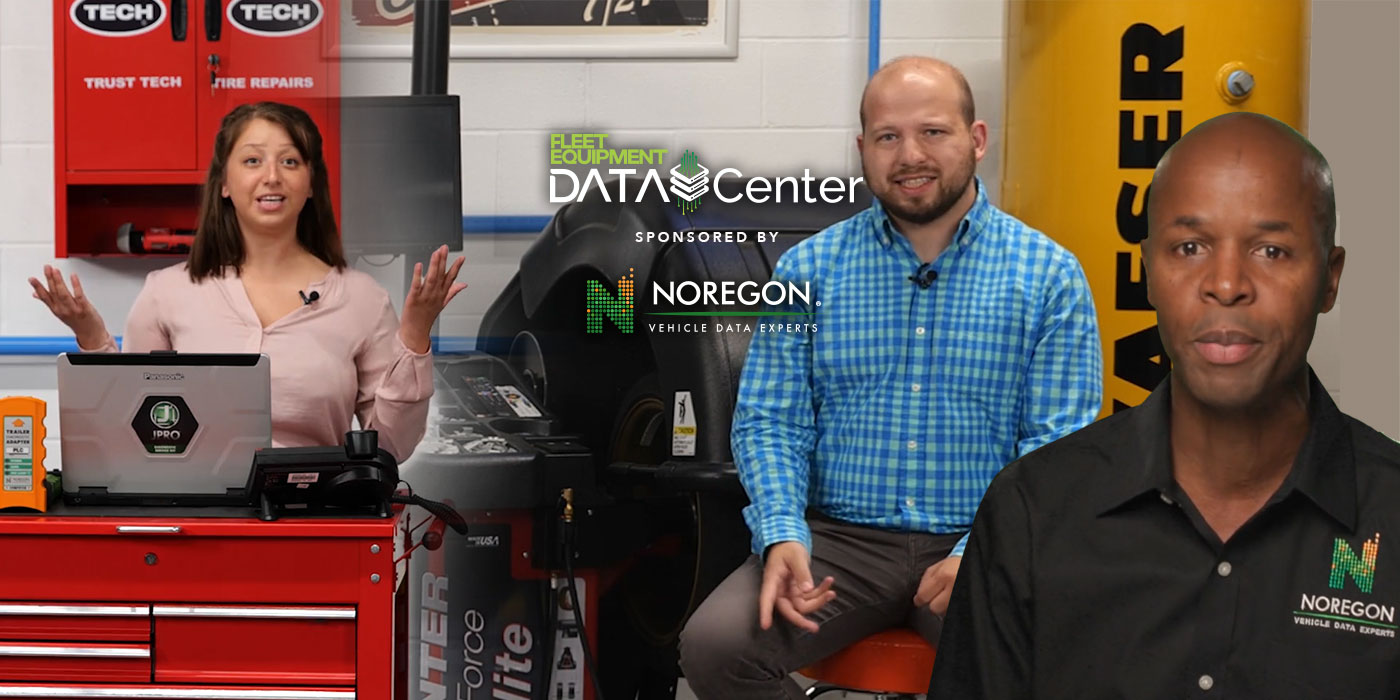
Analyzing heavy-duty truck service benchmarks
Regular checks on engine health, tuning, and tire condition can help identify any potential issues and ensure optimal fuel usage.

